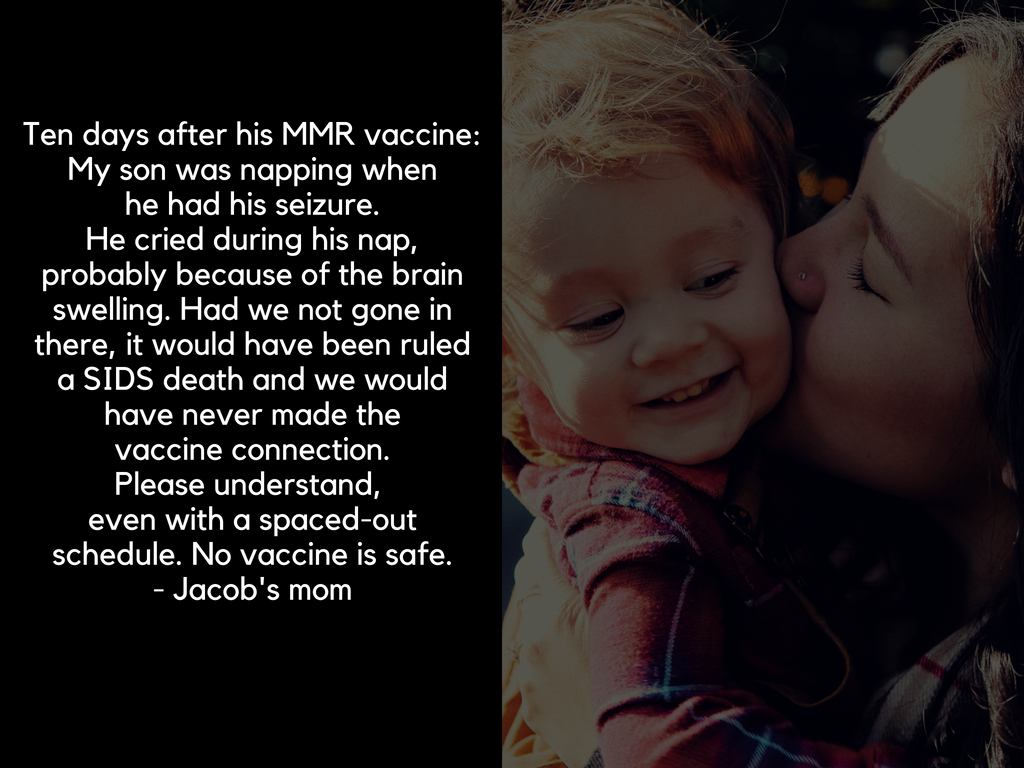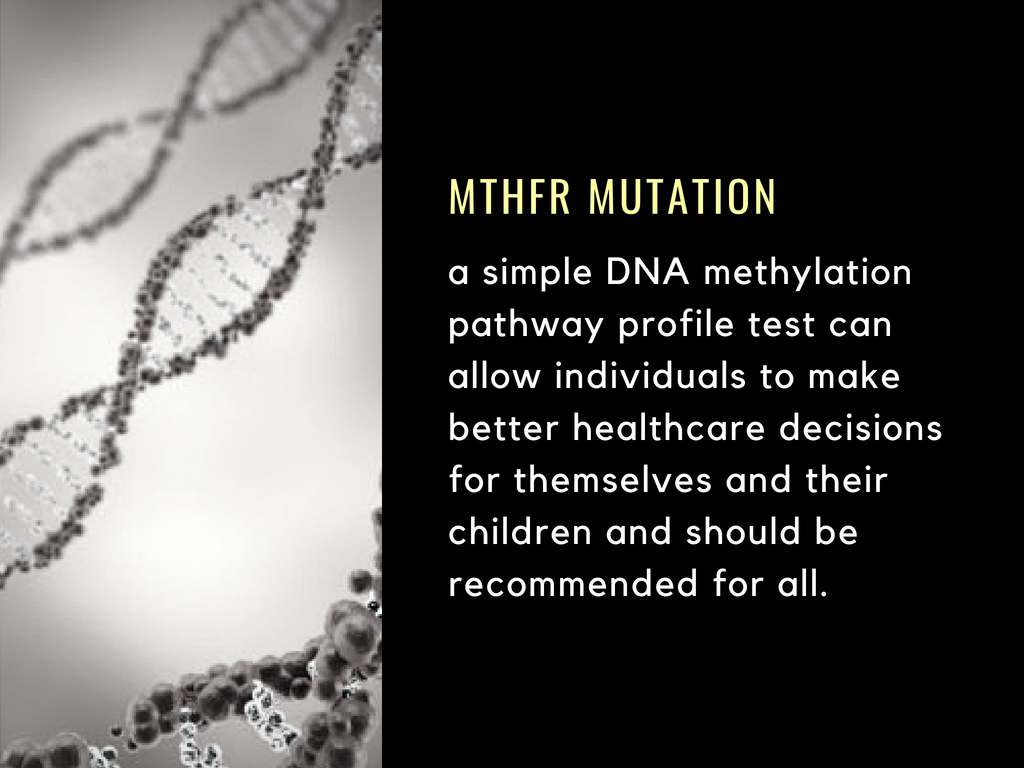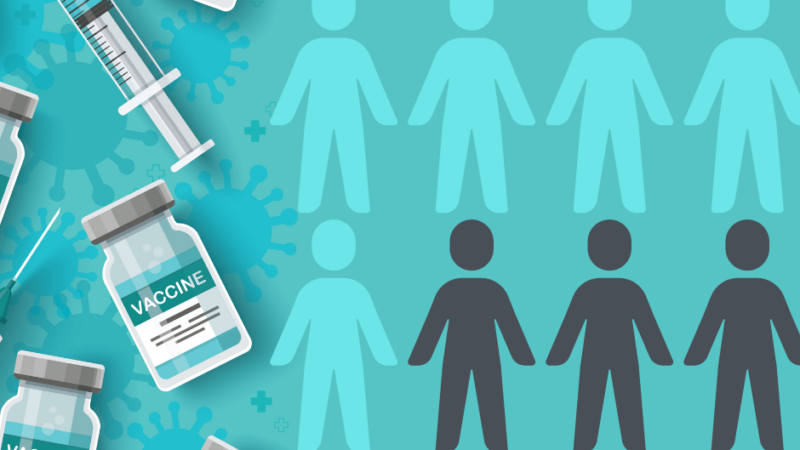Vaccine Injury and Death Can Happen with Just One Shot

Jacob’s mom tells the harrowing tale of the vaccine reaction that almost took the life of her son. Vaccines have been labeled by the US Supreme court as “unavoidably unsafe”. Parents are told that vaccine reactions are rare. They are told that infants who have a clean bill of health during a well-visit die for no apparent reason in weeks following their ‘routine vaccinations.’ Could there be a simple test that would screen for genetic susceptibility to adverse vaccine reactions? Possibly. However, since scientists and doctors want to avoid the discussion that some cases of SIDS could be triggered by a vaccine reaction, it is up to parents to be well informed. Health Freedom Idaho supports informed consent.


Learn more about vaccine reactions
There is a wide spectrum of vaccine complications, which have been identified and acknowledged in the medical literature and by the Institute of Medicine (IOM), National Academy of Sciences, including:14 15 16 1718
- Brain Inflammation/Acute Encephalopathy
- Chronic Nervous System Dysfunction
- Anaphylaxis
- Febrile Seizures
- Guillain Barre Syndrome (GBS)
- Brachial Neuritis;
- Acute and Chronic Arthritis
- Thrombocytopenia
- Smallpox, polio, measles and varicella zoster vaccine strain infection
- Death (smallpox, polio and measles vaccine)
- Shock and “unusual shock-like state”
- Protracted, inconsolable crying
- Syncope
- Deltoid Bursitis
Individual Susceptibility to Vaccine Reactions
In 2012, the IOM published a report, Adverse Effects of Vaccines: Evidence and Causality,19 and acknowledged there are high risk factors not yet identified by medical science that can increase “individual susceptibility” to vaccine reactions:
“Both epidemiologic and mechanistic research suggests that most individuals who experience an adverse reaction to vaccines have a pre-existing susceptibility. These predispositions can exist for a number of reasons – genetic variants (in human or microbiome DNA), environmental exposures, behaviors, intervening illness or developmental stage, to name just a few, all of which can interact. Some of these adverse reactions are specific to the particular vaccine, while others may not be. Some of these predispositions may be detectable prior to the administration of vaccine; others, at least with current technology and practice, are not.” – Institute of Medicine, 201220
Gaps in Knowledge About Individual Risks
In 2013, the IOM published another report, The Childhood Immunization Schedule and Safety: Stakeholder Concerns, Scientific Evidence and Future Studies,21 and stated there are significant gaps in scientific knowledge about children, who are biologically at higher risk for suffering vaccine injury and death:
“ The committee foundthat evidence assessing outcomes in subpopulations of children, who may be potentially susceptible to adverse reactions to vaccines (such as children with a family history of autoimmune disease or allergies or children born prematurely), was limited and is characterized by uncertainty about the definition of populations of interest and definitions of exposures or outcomes.” – Institute of Medicine, 201322
Current Vaccine Schedule: More Testing Needed
The IOM Committee, which examined the safety of the current federally recommended childhood vaccine schedule, found that it had not been fully scientifically evaluated:
Outstanding Questions About Vaccines & Chronic Illness
Due to a lack of enough methodologically sound studies conducted and published in the medical literature, the IOM Committee examining the safety of the current childhood vaccine schedule was unable to determine if the schedule is or is notassociated with the development of the following chronic brain and immune disorders and disabilities in children:24
- asthma;
- atopy;
- allergy;
- autoimmunity;
- autism;
- learning disorders;
- communication disorders;
- developmental disorders;
- intellectual disability;
- attention deficit disorder;
- disruptive behavior disorder;
- tics and Tourette’s syndrome;
- seizures;
- febrile seizures and
- epilepsy.
Identifying Symptoms of Vaccine Reactions
Not every serious health problem that occurs after vaccination is caused by a vaccine or vaccinations recently received. Different vaccines are associated with different vaccine reaction signs and symptoms that occur within different time periods following vaccination.
- pronounced swelling redness, heat or hardness at injection site that continues for days or weeks;
- body rash or hives;
- shock/collapse;
- unresponsiveness, prolonged deep sleep;
- high pitched screaming (may include arching of back);
- hours of persistent, inconsolable crying;
- high fever (over 103 F)
- respiratory distress (difficulty breathing);
- twitching or jerking of the body, arm, leg or head;
- rolling or crossing of eyes;
- severe head or neck pain;
- joint pain or muscle weakness;
- disabling fatigue;
- loss of memory and mental skills;
- paralysis of any part of body;
- changes in sleep/wake pattern and dramatic personality changes;
- lack of eye contact or social withdrawal
- loss of ability to roll over, sit up or stand up
- head banging or unusual flapping, rubbing, rocking, spinning;
- onset of chronic ear or respiratory problems (including asthma);
- severe/persistent diarrhea or chronic constipation;
- excessive bruising, bleeding or anemia
- other serious loss of physical, mental or emotional wellness
Serious complications of vaccination can lead to permanent injury or death. Make sure that all health problems, hospitalizations and injuries that occur after vaccination are entered into permanent written and electronic medical records and written copies are kept by the person vaccinated or parent/guardian of that person.
Learn more about how to recognize vaccine reaction symptoms and complications associated with the 17 different vaccines recommended by the CDC and medical trade associations.
Additional Resources: vaccine ingredients, MTHFR






